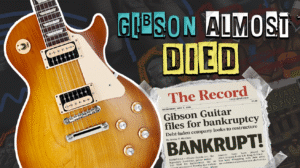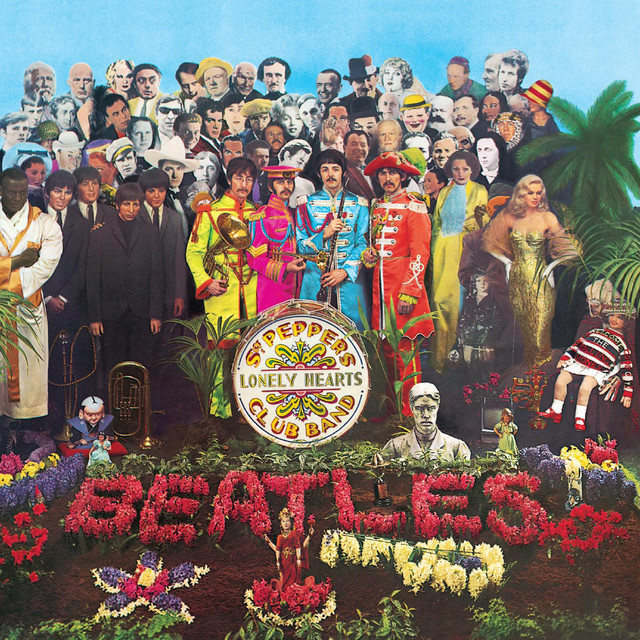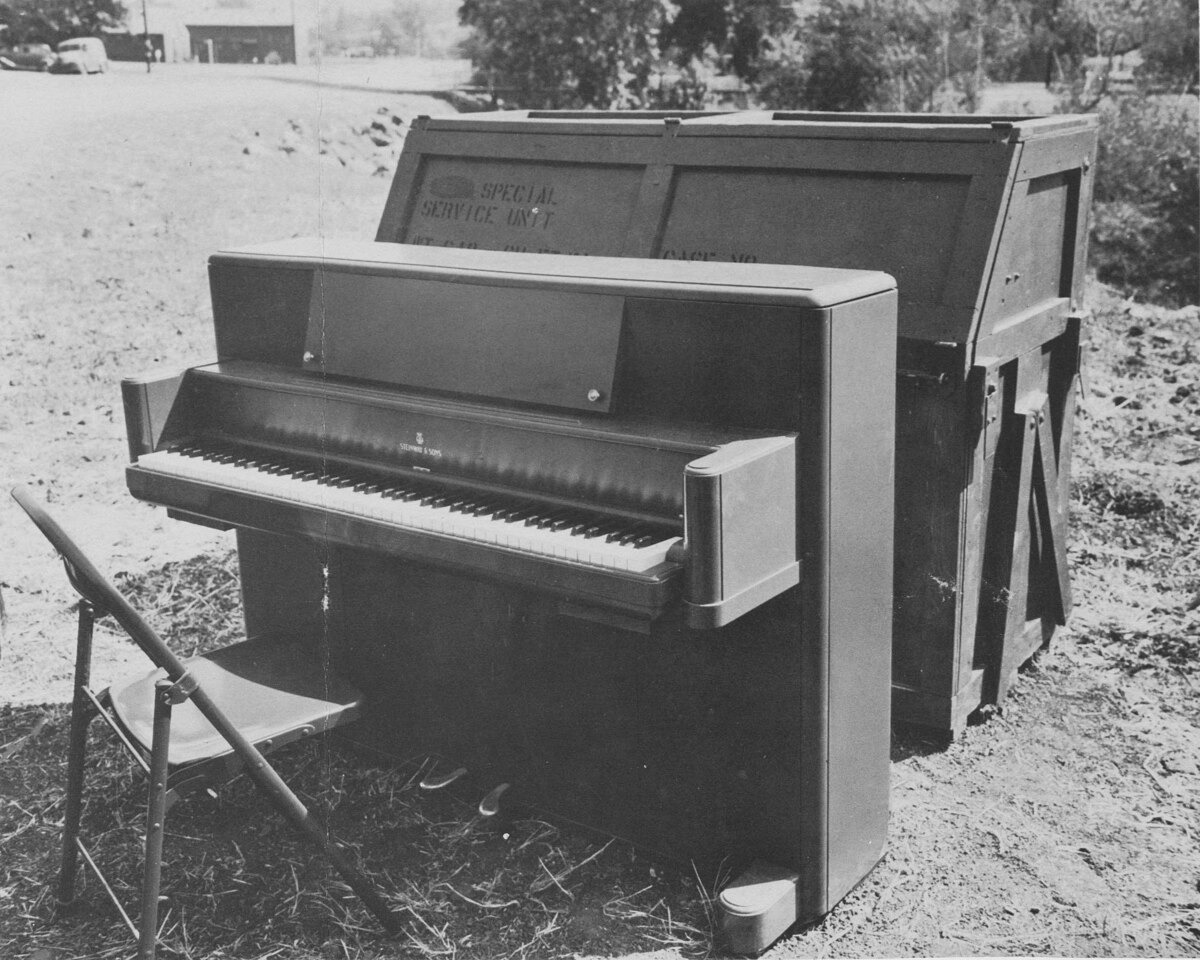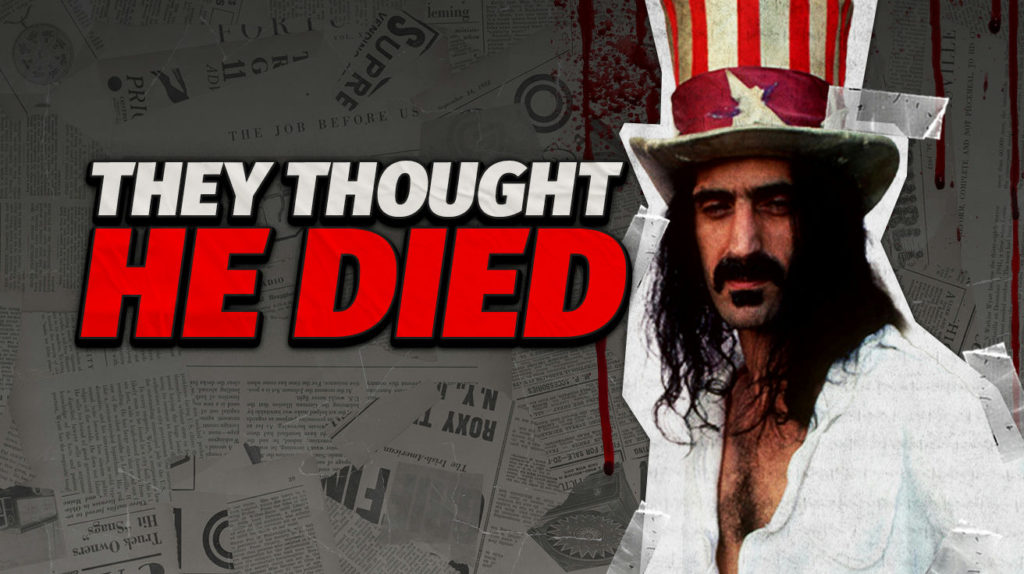
December 1971 delivered Frank Zappa two disasters that hit like a shotgun blast—each barrel loaded with chaos that would reshape rock history. The first blast came as flames that consumed the Montreux Casino and birthed the most famous guitar riff ever recorded.
The second blast launched him off a London stage onto concrete, permanently altering his voice and body. You think your week was rough? This seven-day stretch proves that sometimes the universe saves its cruelest plot twists for when artists least expect them.
7. The Night Montreux Became a Bonfire
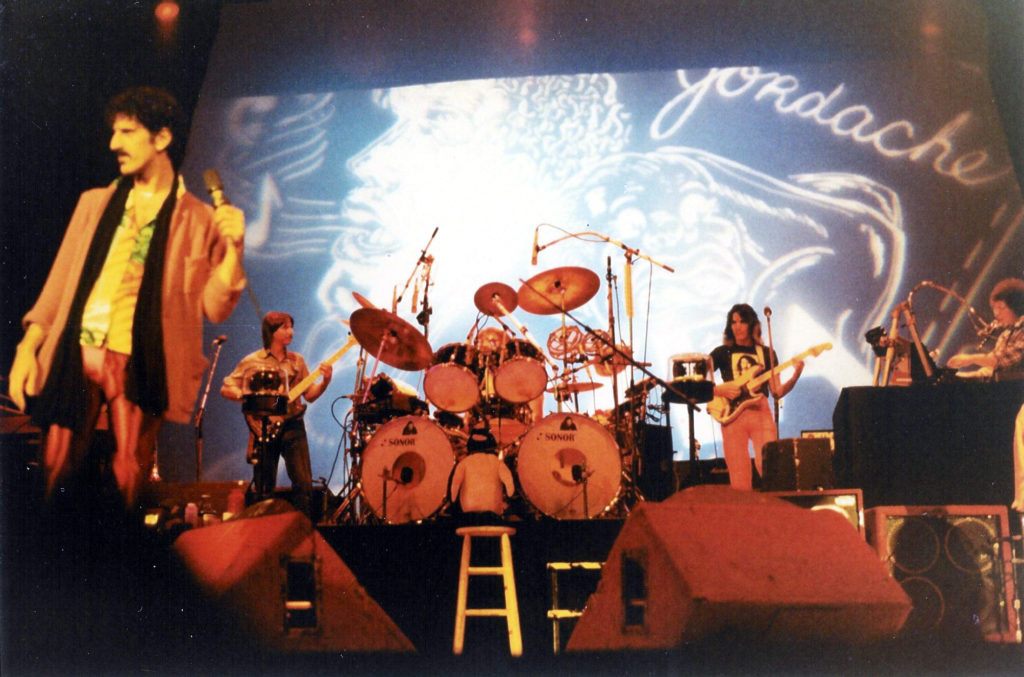
Picture this scenario: You’re watching The Mothers of Invention tear through “King Kong” when someone decides flare guns make perfect concert accessories. December 4th, 1971 turned Switzerland’s Montreux Casino into an inferno faster than you can say “avant-garde.” Don Preston was deep into his synthesizer solo when flames started licking the rattan ceiling like hungry tongues.
Zappa kept his cool while directing panicked fans toward exits. Their custom gear became expensive kindling, and dreams turned to ash. The evacuation worked without casualties, but irreplaceable instruments that had shaped music’s weirdest sounds vanished forever.
The Montreux Casino blaze joins the ranks of the 10 worst music festival disasters, each with its own tragic ripple across music history.
6. Deep Purple Strikes Gold from Disaster
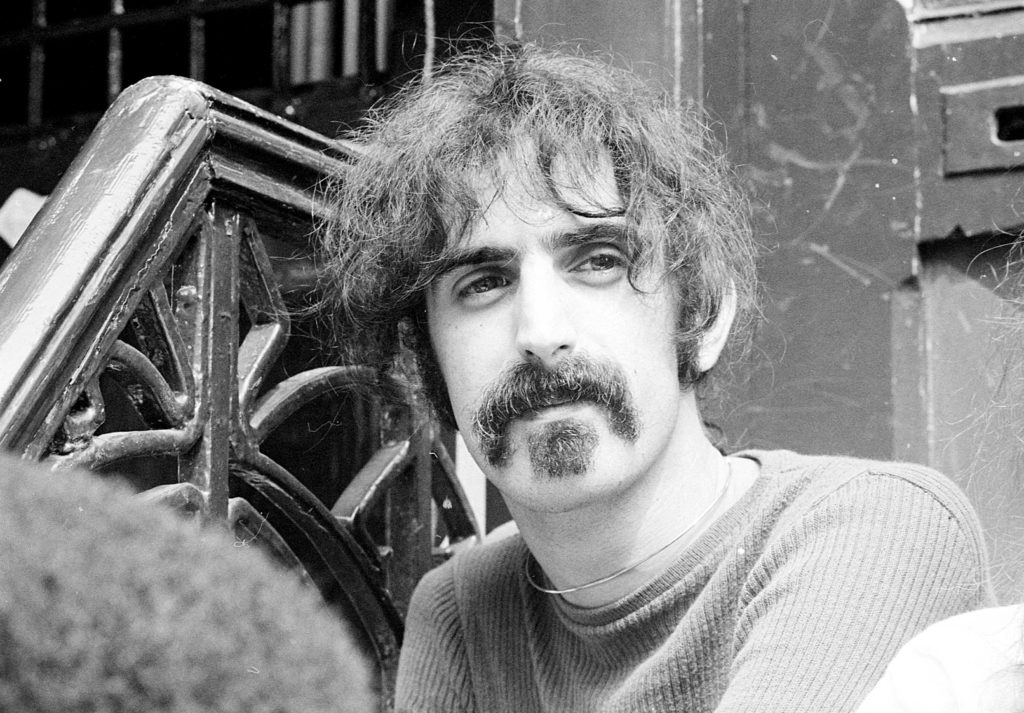
The best art occasionally emerges from watching other people’s plans burn to the ground. Deep Purple was staying lakeside, scheduled to record at the casino’s mobile studio when fate intervened. Instead of making music, they watched smoke drift across Lake Geneva like some apocalyptic screensaver while their recording plans literally went up in flames.
When bassist Roger Glover muttered “smoke on the water” the next day, lightning struck twice in the best possible way. That phrase became rock’s most recognizable opening riff—four notes that every guitar store employee dreads hearing, born from someone else’s worst night.
5. Six Days Later: Lightning Strikes Again
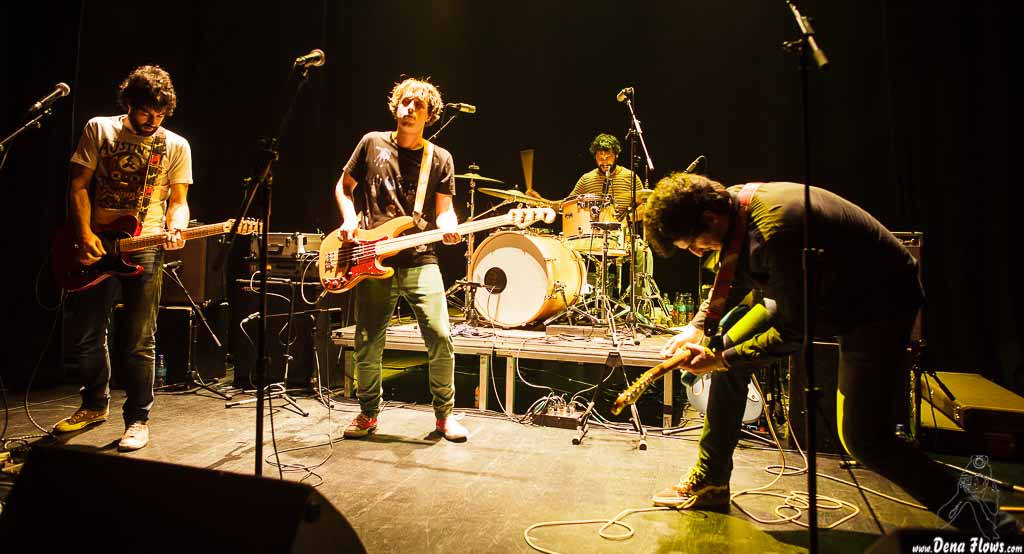
December 10th proved the universe wasn’t finished messing with Zappa’s world. At London’s Rainbow Theatre, fan Trevor Howell decided the best way to express his feelings involved shoving Zappa off a 15-foot stage like some deranged critic. Concrete doesn’t cushion falls, and news outlets briefly reported Zappa’s death before getting their facts straight.
Howell got convicted for his fan tribute, though reports vary on his exact sentence. The attack left Zappa broken in ways that would reshape everything about his music, his voice, and his physical presence on stage.
4. When Your Voice Box Gets Redesigned
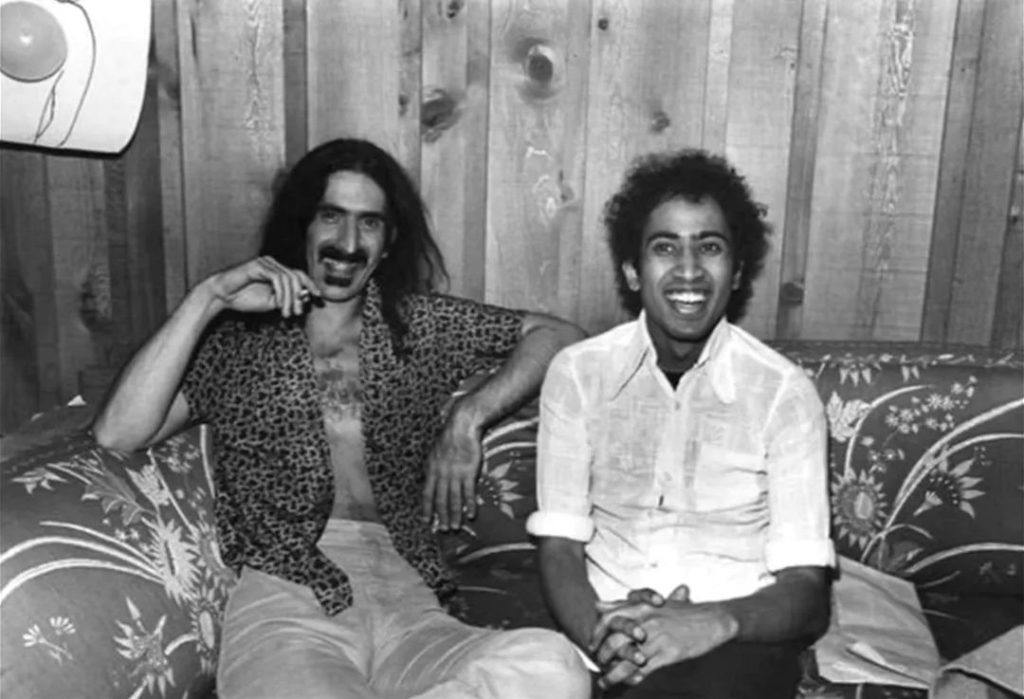
That concrete landing crushed Zappa’s larynx and dropped his voice a full octave while adding a permanent rasp. One leg ended up shorter than the other, and a wheelchair became his stage for nearly a year. These weren’t just injuries—they were unwanted collaborators that forced him to reimagine his entire artistic approach like a cruel artistic residency.
The physical limitations changed his guitar technique and compositional methods in unexpected ways. There are times when constraints breed creativity, but nobody asks for theirs to come from a 15-foot drop onto unforgiving concrete.
3. Flo & Eddie: The Turtles Find New Shells
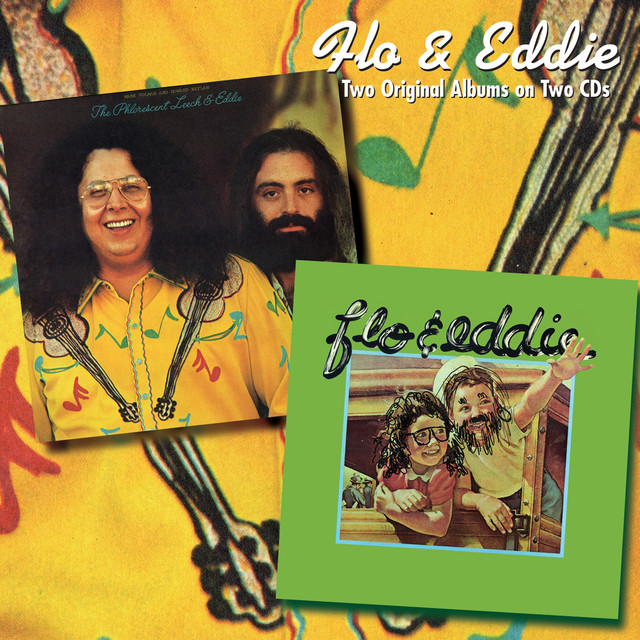
Before December’s disasters struck, Mark Volman and Howard Kaylan had joined Zappa after losing legal rights to “The Turtles” name. Legal battles had left them musical refugees until Zappa offered them new identities as “Flo & Eddie“ within his experimental framework. Their pop sensibilities were blending beautifully with his chaotic genius, adding harmonic sweetness to his complexity.
The partnership was reshaping The Mothers’ sound in promising directions. December’s events scattered those creative possibilities like sparks from a dying fire, forcing everyone to find new artistic paths.
2. Art Born from Ashes
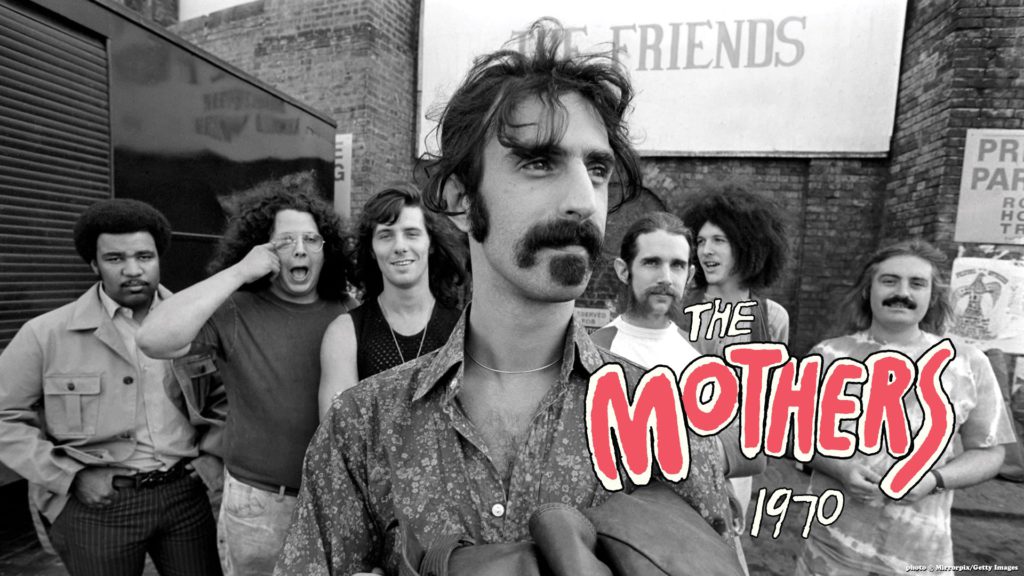
Zappa channeled his trauma directly onto vinyl with the intensity of an alchemist turning pain into gold. Some of the year’s most poignant tracks emerged from this tumult—revisit these forgotten hits of 1971 and hear how chaos shaped a generation of sound.
His post-recovery compositions grew darker, more cynical, and increasingly complex while reflecting his physical and emotional transformation. The Mothers lineup changed dramatically, marking the end of one era and forcing the birth of another that would prove equally influential.
Meanwhile, Volman and Kaylan pivoted toward comedy rock, their trajectory forever altered by their brief time in Zappa’s orbit.
1. The Ripple Effect Across Rock
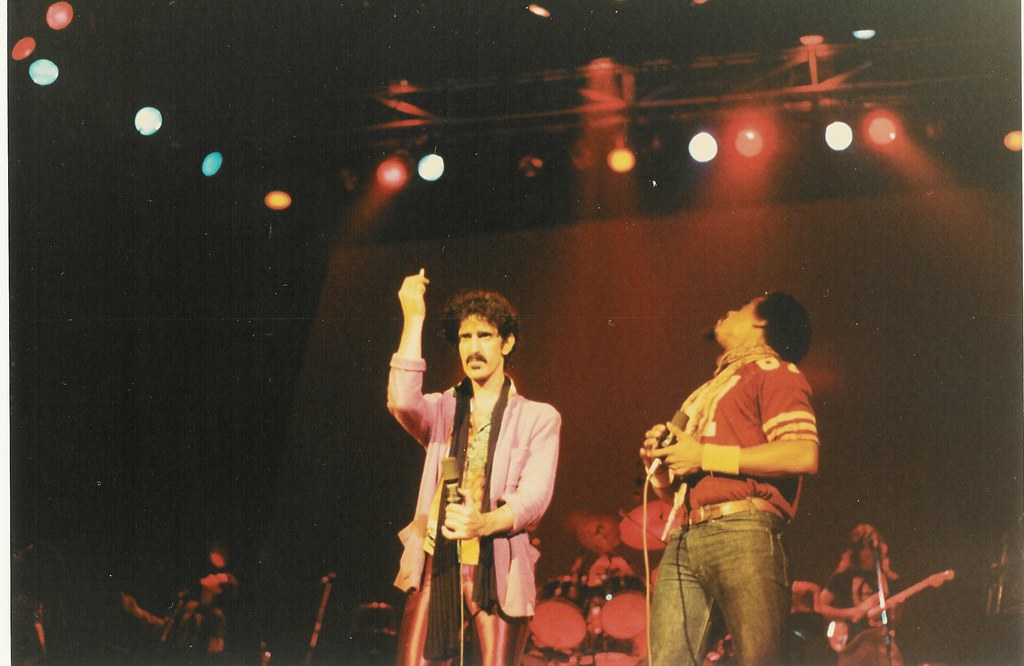
That week in December 1971 rewired more than Zappa’s artistic DNA. It highlighted the physical risks musicians face when pushing boundaries and challenging audience expectations in live settings. Deep Purple got their biggest hit from watching someone else’s dreams burn, while Zappa learned to transform catastrophe into creative fuel.
The music world discovered that enduring art can emerge even when carefully laid plans collapse. Those flames and that concrete didn’t end Zappa’s story—they forced him to compose a different second act that would prove just as influential as what came before.




